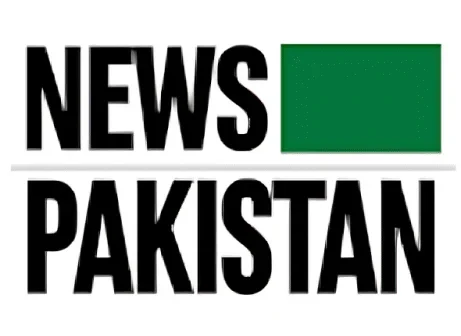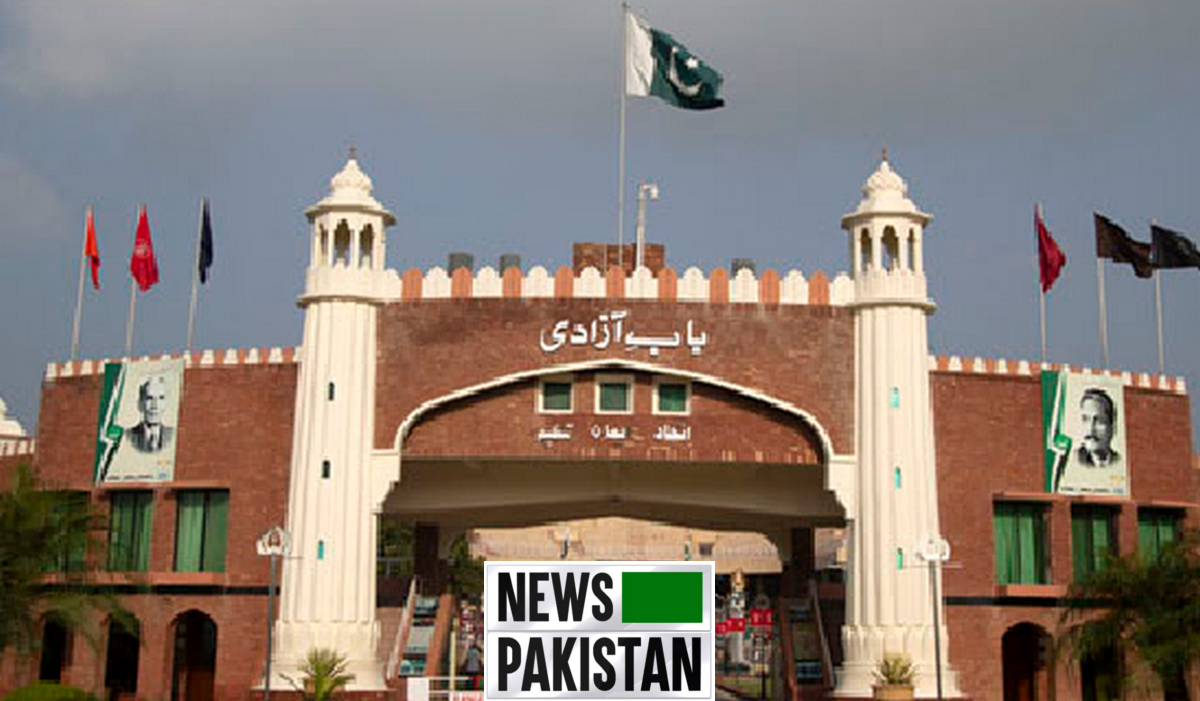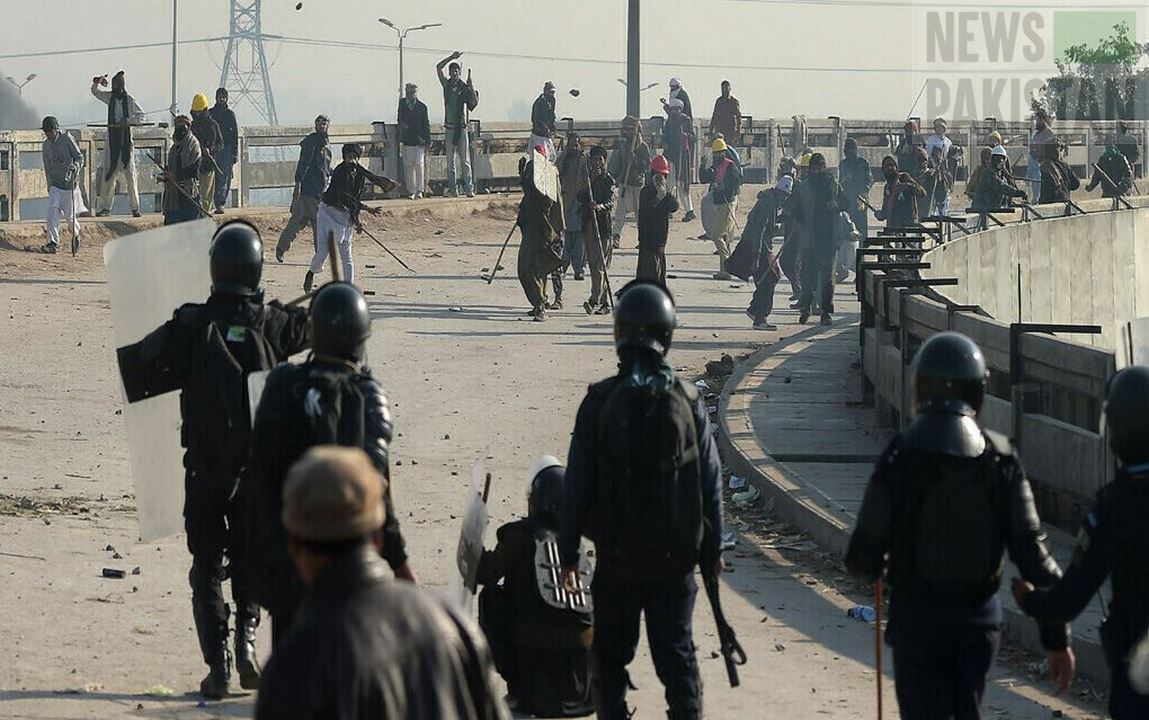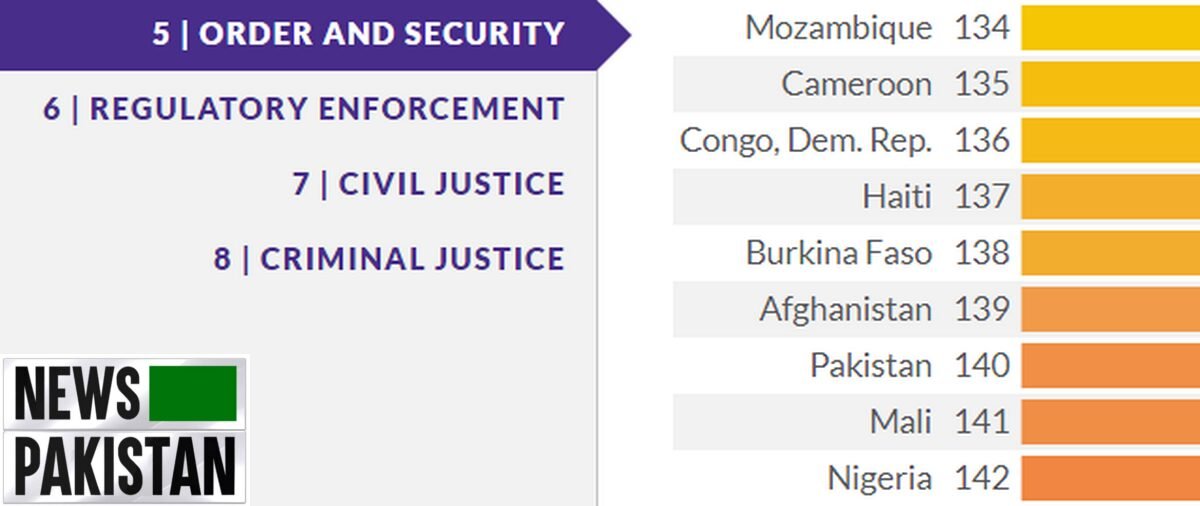KARACHI: On the occasion of the World Press Freedom Day, being marked throughout the globe on Friday (3rd May, 2024), G. M. Jamali President Pakistan Federal Union of Journalists (PFUJ) and Rana Muhammad Azeem General Secretary, have noted that Press freedom in Pakistan continued to come under attack.
The observation of G. M. Jamali and Rana Muhammad Azeem are reflected in the report of Brussels-based International Federation of Journalists (IFJ) – that is represented in Pakistan solely by PFUJ.
In its 22nd annual South Asia Press Freedom Report, titled ‘Artificial Independence: The Fight to Save Media and Democracy’ brought out on 3rd May marking the World Press Freedom Day, IFJ:
1) Maintained that there was no concept of democracy sans free Media;
2) Expressed reservations apropos freedom of Press in South Asian countries including Pakistan;
3) Observing that there were serious threats to Press freedom in Pakistan, pointed out that four journalists were killed, 60 were sent legal notices, many incarcerated and faced trials last year…
… eight journalists were charged with sedition, terrorism and incitement to violence, manifesting that journalism was a perilous metier in the country;
4) Observed that Press freedom was also affected by Social Media ban in Pakistan;
5) Informed that journalists coming to Pakistan from Afghanistan* also faced difficulties.
(*IFJ, together with UNESCO and PFUJ, provided accommodation, security, food and financial assistance for some Afghan journalists.)
The IFJ recorded a total of 232 media rights violations in the period, including the targeted killings of 8 journalists and media workers.
Journalists across the region faced attacks, arrests, and detention with at least 87 media professionals jailed or detained, and over 138 assaulted, threatened, or harassed, often by law enforcement.
At the time of publication, at least 15 journalists remain behind bars.
With six nations in South Asia and over 2 billion people globally participating in elections in 2023 and 2024, the period was characterized by threats to democracy across the region, including physical violence, misinformation, political, religious, and ethnic divides, and polarized media coverage.
The synergy between freedom of expression and robust democracy was apparent as controls on access to information, communications shutdowns, surveillance, and pressure on independent and critical media were used by autocrats to crush dissent.
Wage threats, job losses, shuttering of media houses, and precarious working conditions all posed serious questions for ongoing media viability, as many countries still battled severe economic crises following the Covid-19 pandemic.
With the growing use of Artificial Intelligence (AI) tools in newsrooms and on social media in the region, journalists also faced unprecedented challenges to the very practice of their craft as misinformation and disinformation continued to take hold.
IFJ maintains in the report that despite these challenges, trust in the media is not completely lost, with dynamic and dedicated digital outlets, fact-checking collectives, and social media initiatives offering a view of an independent media future in an era of increasing corporate control.
Union action, new legislation and protections, and a spirit of collectivism have proved vital in securing better conditions across the spectrum of labor rights, gender equality, and the representation of youth and media professionals from religious and ethnic minorities.
The IFJ maintains: “Without media, there is no democracy, and as press freedom in South Asia continues to come under attack amid government crackdowns, political polarization, economic crises, and digital disruption, journalists have persisted to hold the powerful to account and ensure the real story is told.
“As misinformation and disinformation run rife, never has it been more important for collective solutions at all levels of society to create safeguards for media and support fact-based independent journalism on a broad scale.
“Real investment is needed to ensure ongoing media viability in the region, with journalists actively involved to find solutions, drive agendas and uphold media as crucial democratic infrastructure.”
Newspakistan.tv/IFJ

M. M. Alam is a Pakistan-based working journalist since 1981. Karachi University faculty gold medalist Alam began his career forty-five years ago by writing for Dawn, Pakistan’s highest circulating English daily. He has worked for region’s leading publications, global aviation periodicals including Rotors (of USA) and vetted New York Times as permanent employee of daily Express Tribune. Alam regularly covers international aviation and defense-related events including Salon Du Bourget (France), Farnborough (United Kingdom), Dubai (UAE). Alam has reported thousands of events and interviewed hundreds of people in Pakistan, UAE, EU, UK and USA. Being Francophone Alam also coordinates with a number of French publications.




